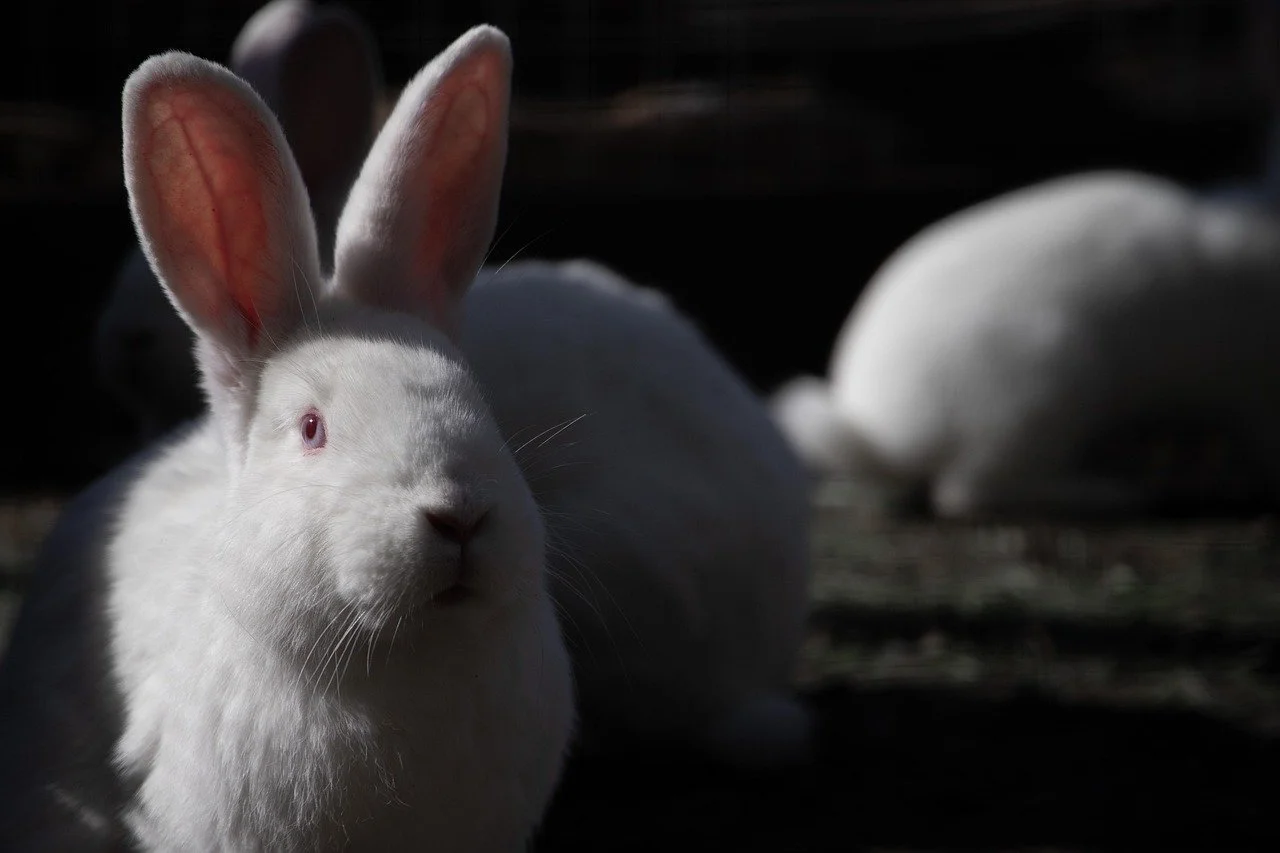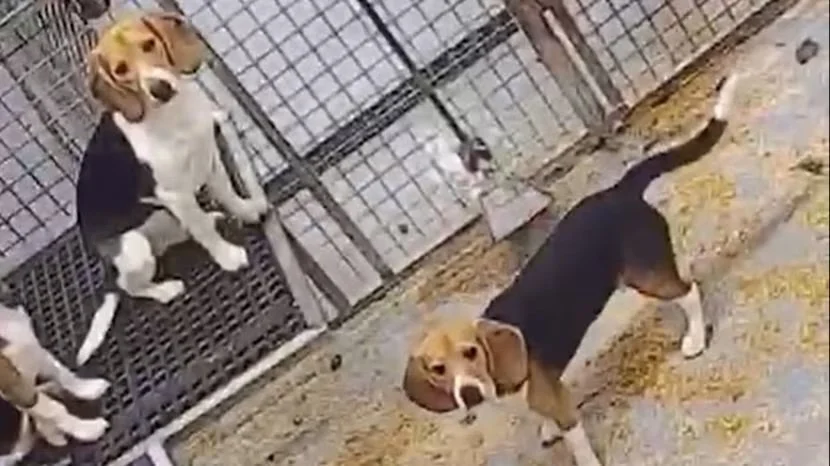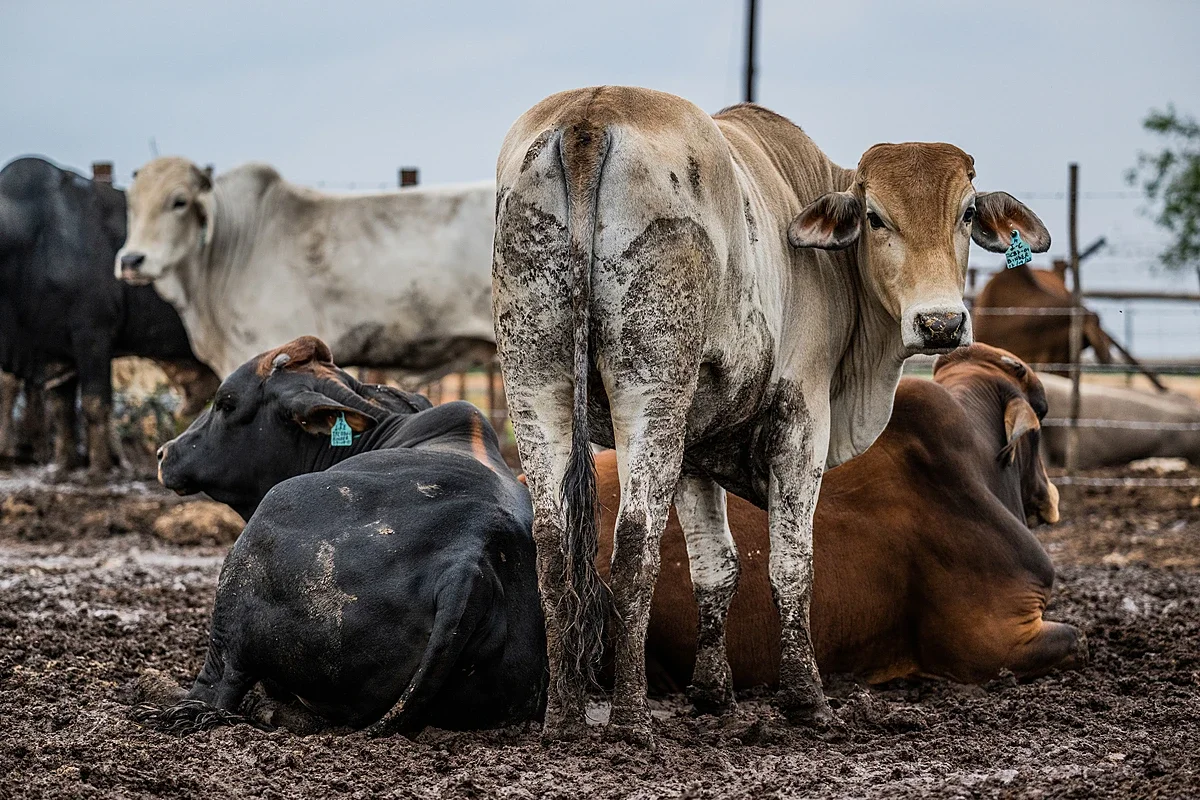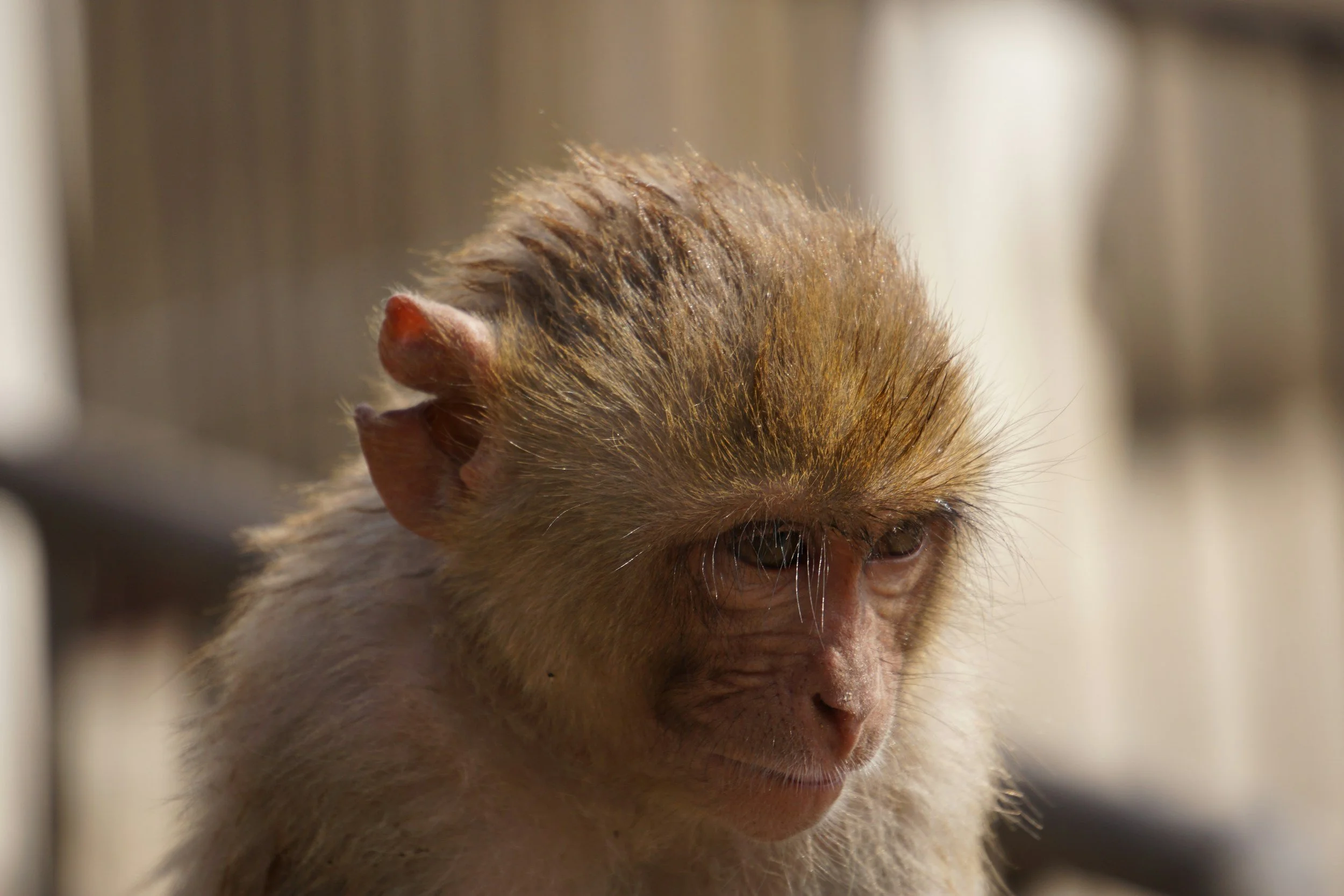UK government unveils strategy for new technologies to replace animal testing
A new UK strategy backed by £75 million aims to fast-track the end of animal testing by embracing cutting-edge innovations like AI, bio-printed tissues, and organ-on-a-chip technologies.
The UK government has set out an ambitious, multi-million-pound roadmap that seeks to phase out animal testing faster.
Described as one of the most detailed of its kind in the world, the strategy will champion technological innovation to reduce the need for experimenting on animals.
Specific examples include the use of AI to analyse information about molecules to indicate if new medicines will be safe and effective on humans, as well as 3D bio-printed tissues that could create realistic human tissue samples, from skin to liver, for testing.
“This is a roadmap which will ensure government, businesses, and animal welfare groups can work together to find alternatives to animal testing faster and more effectively,” said Science Minister, Lord Vallance, who will chair the committee overseeing the strategy.
The scheme will be backed by £60 million of government funding, with a further £15 million committed by the Medical Research Council, Innovate UK, and the Wellcome Trust, to advance ‘human in vitro models’.
This includes organ-on-a-chip systems, whereby researchers can test how drugs affect people without using animals.
Several teams across the UK will focus on human in vitro disease models of the liver, brain, cancer, pain, and blood vessels.
Beagles in a UK facility. Credit: Camp Beagle
The strategy also sets out the dates for when certain animal experiments will come to an end. For example, regulatory testing on animals to assess the potential for new treatments to cause skin and eye irritation will be outlawed by the end of 2026. Testing the strength of botox on mice will be phased out by the following year. By 2030, there will be a reduced number of dogs and non-human primates used for pharmacokinetic studies – tracking how a drug moves through the body over time.
“This strategy sets a clear ambition towards eliminating animal use and supports increased access to the infrastructure, collaborations, and resources required to facilitate the further development and uptake of non-animal methods,” said Barney Reed, Science and Policy Manager for the RSPCA’s Animals in Science department.
The government will work alongside the National Centre for the Replacement, Refinement and Reduction of Animals in Research (NC3Rs), set up as an independent organisation in 2004.
It was the first of its kind, and has received millions of pounds in funding from the government to explore non-animal alternatives, including vaccines.
“The NC3Rs is at the heart of delivering the strategy, and I am excited about the opportunities to turn the ambitions into reality,” said Dr Vicky Robinson, Chief Executive of the National Centre for the NC3Rs
What can you do?
Watch and share: 30,000 Monkeys in Our Backyard. This new Species Unite documentary exposes the hidden realities of the animal research trade and reveals what happens when corporate power meets small-town America.
We Have A Favor To Ask…
Species Unite amplifies well-researched solutions to some of the most abusive animal industries operating today.
At this crucial moment, with worldwide momentum for change building, it’s vital we share these animal-free solutions with the world - and we need your help.
We’re a nonprofit, and so to keep sharing these solutions, we’re relying on you - with your support, we can continue our essential work in growing a powerful community of animal advocates this year.





